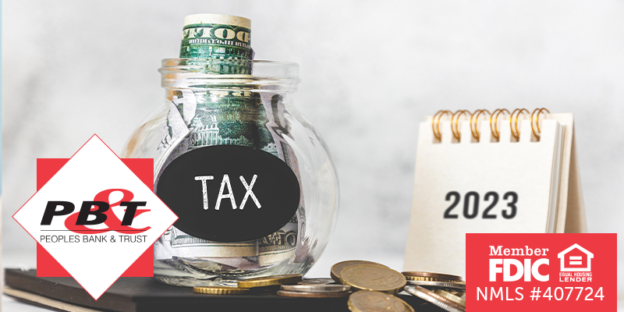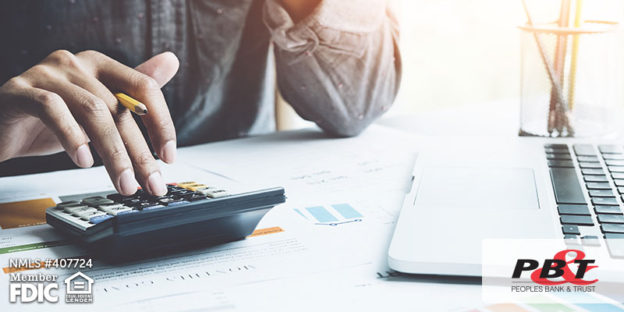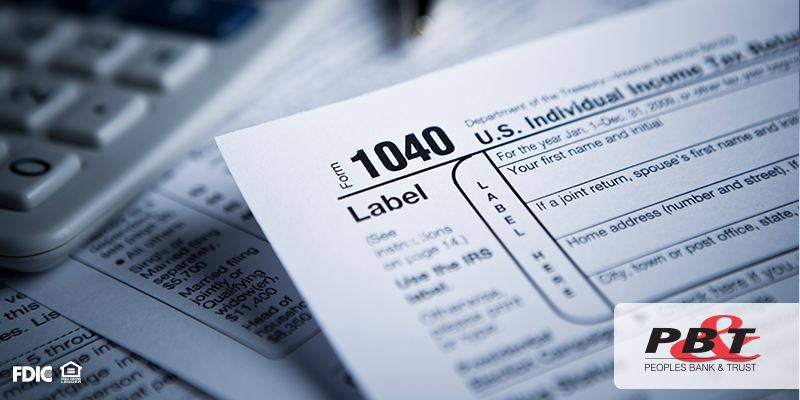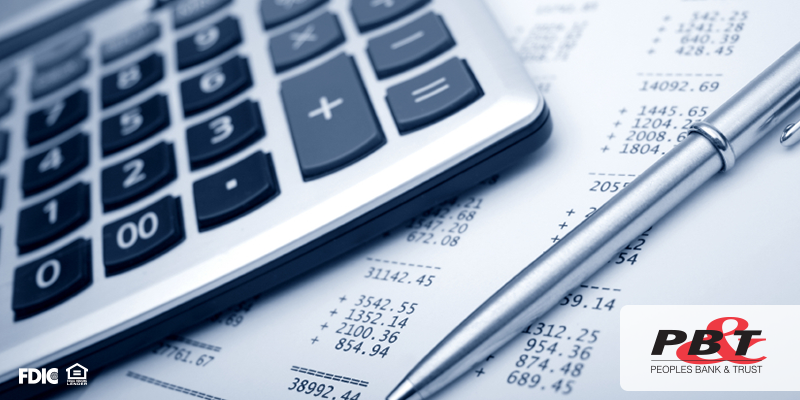With the new year comes tax season. As we jump right into tax season, here are some tips to keep you organized, ahead of the game, and prepared to submit your taxes on time.
Step 1: Remember to Keep ALL Tax Related Documents
One of the biggest hassles is organizing and finding your information to be prepared for tax season. Whether you do your own taxes or get help from a professional, it is important that you begin to collect and organize the proper documents. This includes last year’s tax return, this year’s W-2s and 1099s, receipts, and so on. Here are some recommendations from TurboTax of what to keep and what NOT to toss:
- Print out a tax checklist to help you gather all the tax documents you’ll need to complete your tax return.
- Keep all the information that comes in the mail in January, such as W-2s, 1099s, and mortgage interest statements. Be careful not to throw out any tax-related documents, even if they don’t look very important.
- Collect receipts and information that you have piled up during the year.
- Group similar documents together, putting them in different file folders if there are enough papers.
- Make sure you know the price you paid for any stocks or funds you have sold. If you don’t, call your broker before you start to prepare your tax return.
- Know the details on income from rental properties. Don’t assume that your tax-free municipal bonds are completely free of taxes. Having this type of information at your fingertips will save you another trip through your files.
Step 2: Organize Your Documents
As you begin to receive and gather your documents, find a folder to carefully organize your information. It is easy to throw an envelope into a drawer and forget where it has been placed. You’ll thank yourself as you begin filing that you kept the information needed organized and ready for use. Remember it is important to keep ahold of past year’s documents as well, as those could be needed for filing. If you haven’t already, find an organization method that works for you to begin organizing all records and carry that method on from year to year. The rule of thumb is if you don’t know if you’ll need it, it is safe to go ahead and keep it, just in case.
Step 3: Itemize Your Tax Deductions
By itemizing your tax deductions, you could potentially save a substantial amount compared to taking the standard deduction. If you own a home, live in a high-tax area, or are self-employed it may be worth taking extra steps to itemize your deductions. If your qualified expenses add up to more than the 2022 standard deduction ($12,950 for singles and $25,900 for married couples filing jointly) itemizing your deductions is worth it to take the time to do.
Some items to consider itemizing:
- Mortgage interest
- Charitable donations
- A portion of medical expenses
- Home office
Step 4: Make a Plan for How You Will File Your Taxes
If you are filing your taxes and expect a return, filing electronically may be the best and quickest option for you. The IRS processes electronic returns faster than manual paper returns, which means you could expect your refund three to six weeks sooner, especially if you have it set to deposit directly into your bank account.
Step 5: File Your Return ON TIME
Do not wait to begin gathering your documents and making your plan for filing your information. If you need assistance, it is important to do your research ahead of time and be proactive so you can file and pay on time.
If you can’t finish your return on time, make sure you file Form 4868 by April 18, 2023. Form 4868 gives you an extension of the filing deadline until October 16, 2023. On the form, you need to make a reasonable estimate of your tax liability for 2022 and pay any balance due with your request. Requesting an extension in a timely manner is especially important if you end up owing taxes to the IRS.
Tax season is a stress to us all. The key is to be organized and proactive in getting ahead of filing and paying your taxes, so you are not late and potentially owe more. If you are curious about the basics of taxes or want to be aware of any changes when filing your 2022 return, visit the IRS website for assistance.
Peoples Bank & Trust Co.
Member FDIC
Equal Housing Lender






